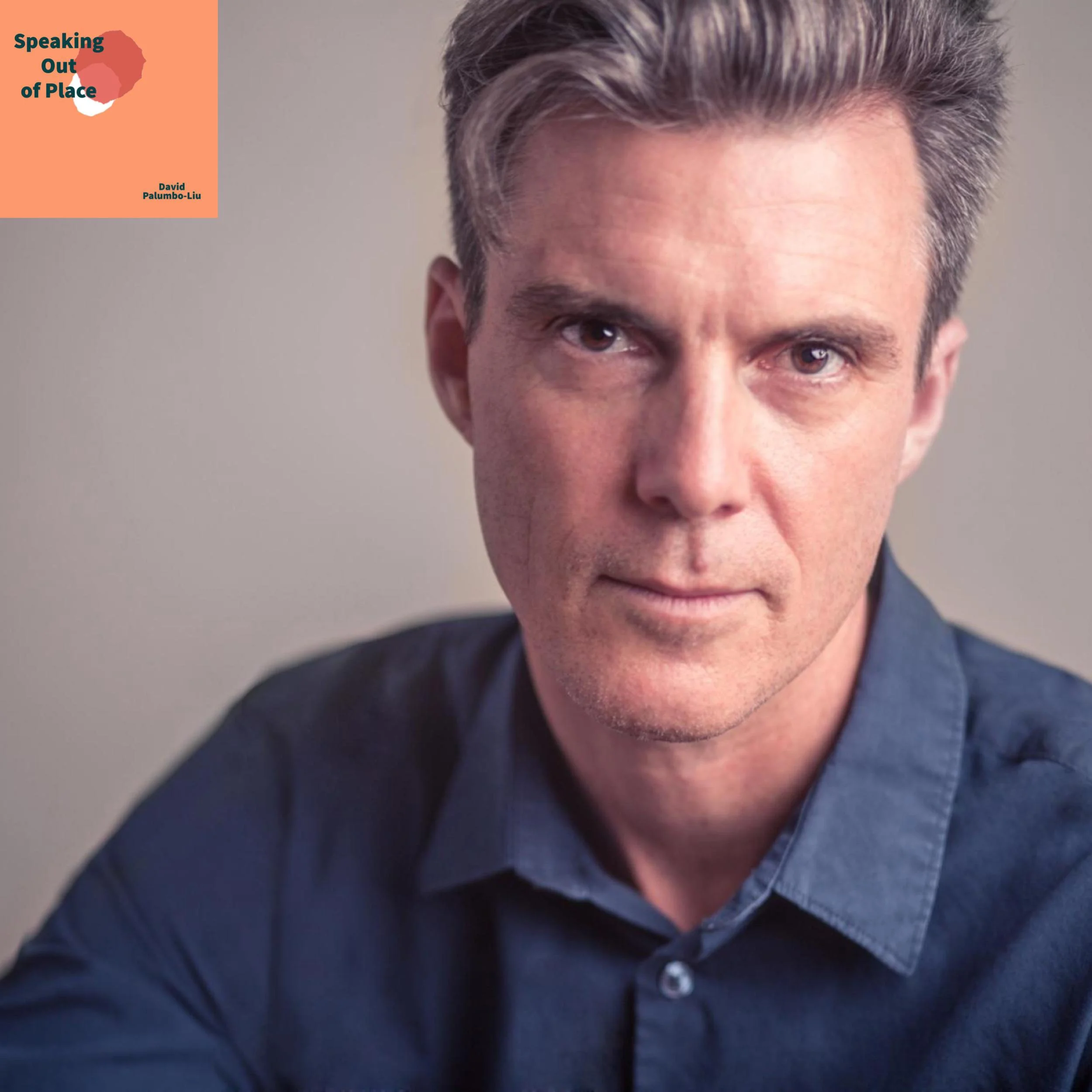Speaking Out of Place: JENNIFER JACQUET discusses The Playbook: How to Deny Science, Sell Lies, and Make a Killing in the Corporate World
/Author of The Playbook: How to Deny Science, Sell Lies, and Make a Killing in the Corporate World
They weren't able to employ scientists to not find a fingerprint of anthropogenic climate change. They weren't able to pull that off, and when they're not able to do that, what they do instead is create an arsenal of expertise who just create the illusion of disagreement, and they were so successful at doing that with climate change that it's remarkable because there actually was scientific consensus. There wasn't this giant rift in the scientific community, and for decades, they created an illusion of disagreement that we all bought. And they're able to do that using Stanford University, Rockefeller University, these names of institutions as well as individuals, but they're not actually publishing science. And so I think it deserves a kind of special carve out of all of the tactics because it really says: actually these systems are working pretty well. You're just not getting the right information. And they do that again through the media and PR firms and controlling the dialogues and press releases and journals, and especially their relationship with the media, is very, very privileged.



















